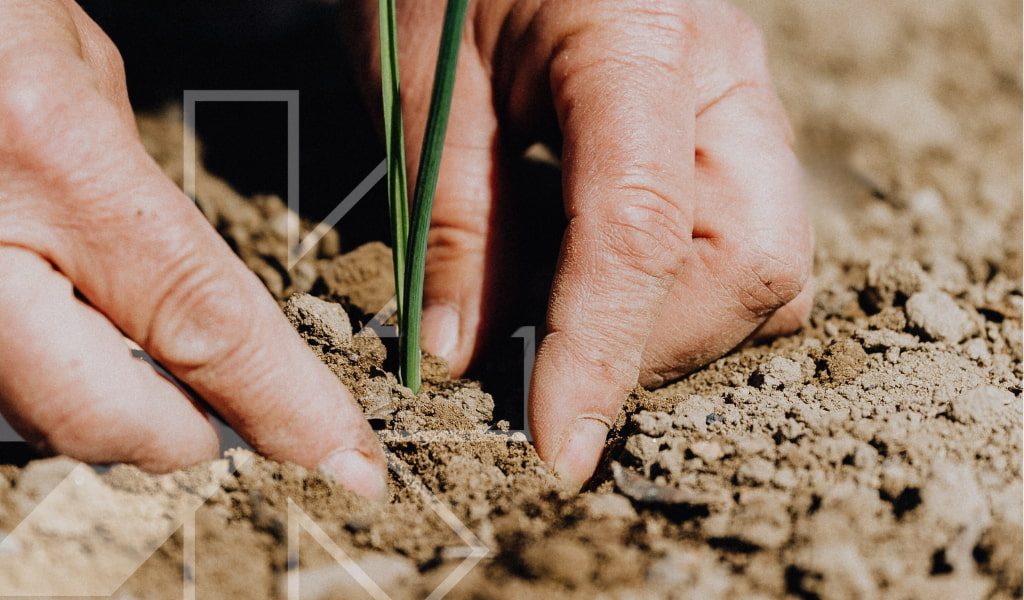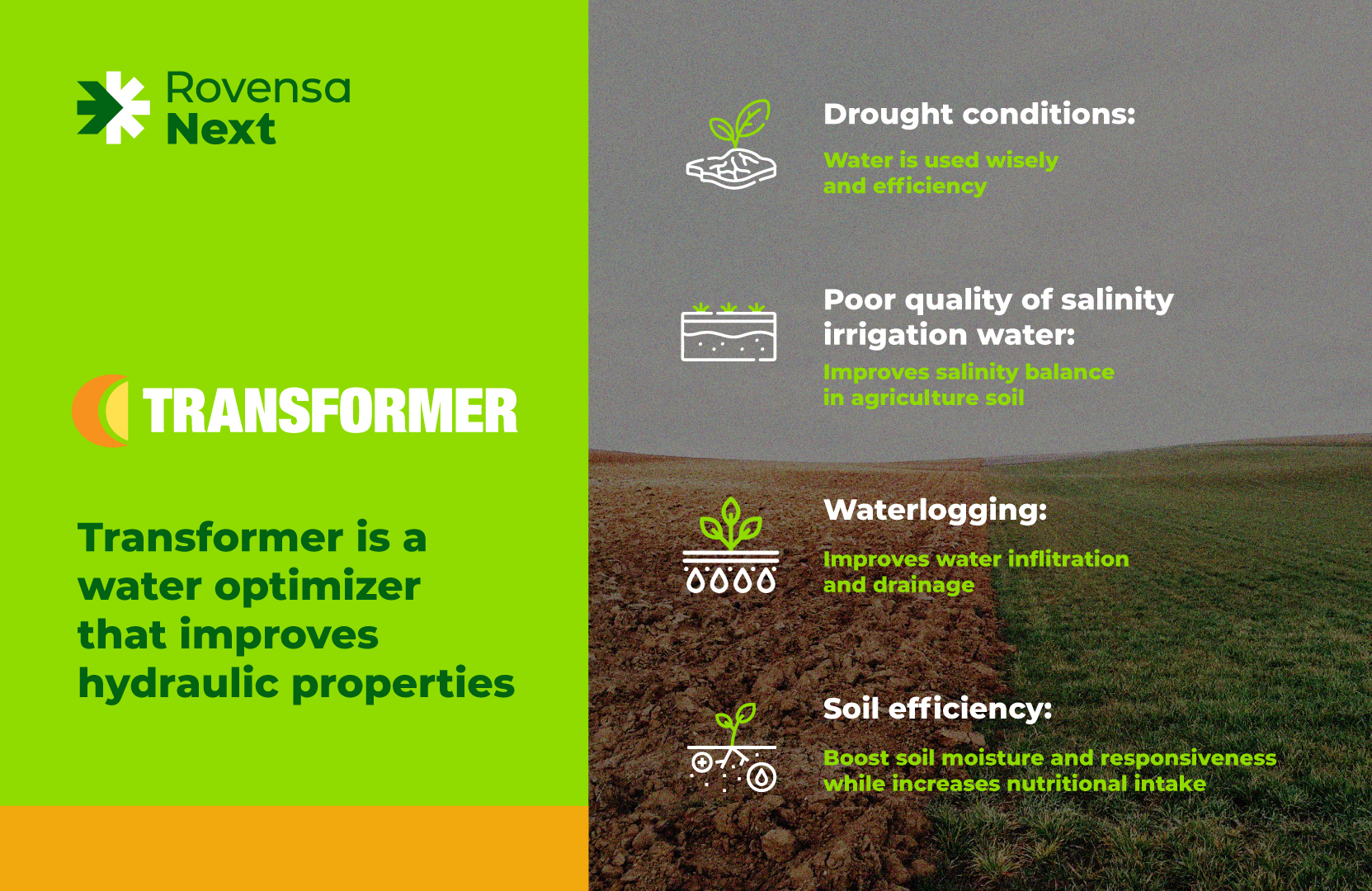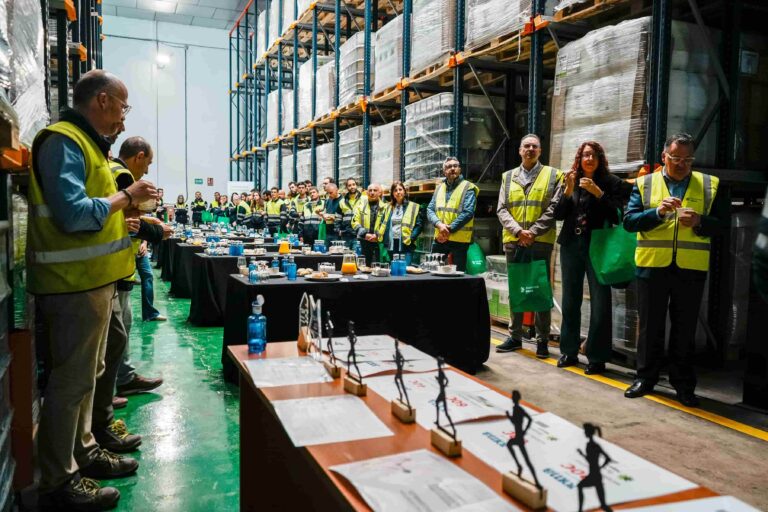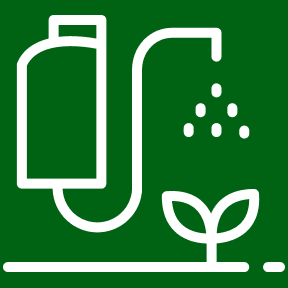Global scale of water scarcity and drought stress
Water scarcity, exacerbated by drought, is a pressing global concern. Agricultural production, which heavily relies on soil water from rainfall and irrigation, faces unprecedented challenges due to changing climate patterns and intensifying farming practices. Studies predict that under climate change, agricultural water scarcity will worsen in a significant portion of croplands, highlighting the urgent need for sustainable water management strategies.
In fact, since 2000 alone the number and duration of droughts has risen 29% has more than doubledi. Droughts affect more people worldwide than any other natural hazard and this is only increasing under a changing climate.
The complexities of drought stress
Drought Stress leads to a water deficit within plants causing numerous adverse effects. These include reduced cell turgor leading to drooping leaves and stems, impaired nutrient uptake due to disrupted metabolic processes and decreased nutrient availability in the soil solution, metabolic imbalances, and potentially cell or crop death. The increased prevalence of drought stress globally is driving a widespread adoption of crop irrigation systems, and the use of agronomic products designed to enhance root biomass such as humic acids to improve water uptake. Additionally, innovative solutions are emerging, including products aimed at increasing water infiltration and retention within the soil profile.
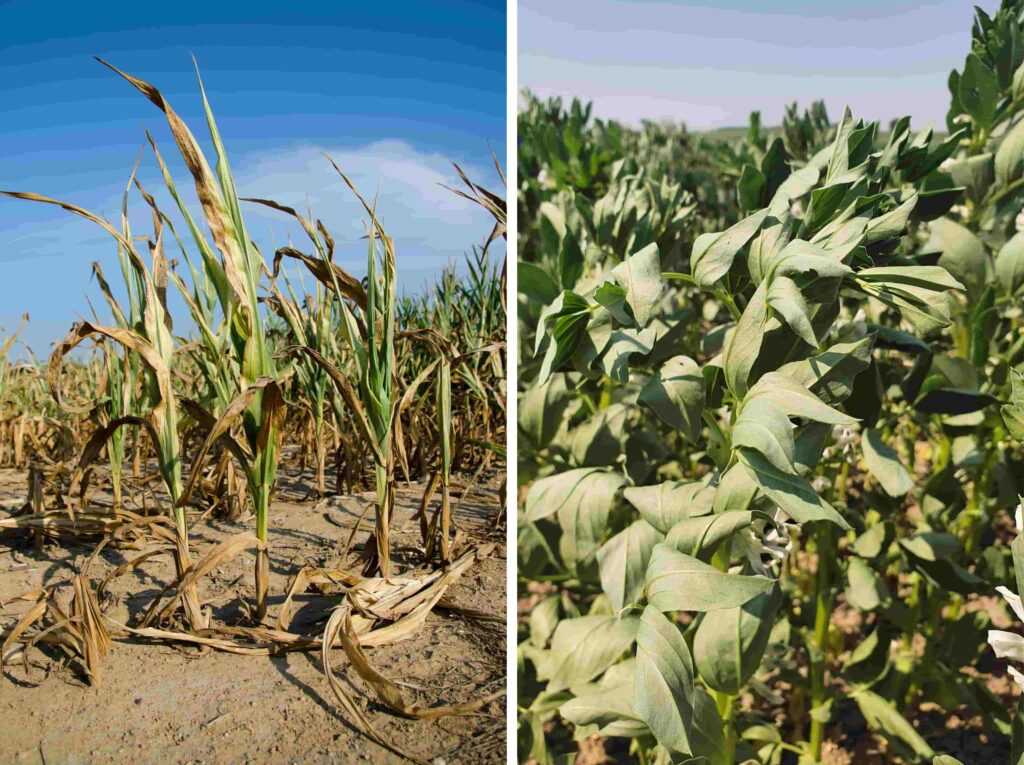
Compound effects of drought stress
Drought stress is often accompanied by other environmental factors such as salinity and heat, which exacerbate its impact on plants. In response to these harsh conditions, plants undergo various physiological and morphological changes, including:
- Reduced transpiration and photosynthesis rates:
- Limiting water loss but also decreasing energy production.
- Osmotic adjustments:
- Accumulating solutes to retain water within cells.
- Suppressed root and shoot growth:
- Allocating resources to essential survival functions.
- Overproduction of reactive oxygen species (ROS):
- Leading to potential cellular damage.
- Modified stress signaling pathways:
- Altering gene expression to manage stress responses.
- Senescence:
- Premature aging of plant tissues as a survival strategy
These modifications can cause permanent injury to the plant, underscoring the need for effective mitigation strategies. One promising approach is the use of biostimulants, which can enhance plant resilience and recovery under stress conditions.
Rovensa Next’s innovative biosolutions to address drought
Innovative solutions are essential to address the complex challenges posed by drought. Rovensa Next, a leader in sustainable agriculture, offers a range of products tailored to prevent or mitigate the impacts of drought stress on crops. Our advanced plant biostimulants enhance plant resilience, promoting optimal growth and productivity even under adverse environmental conditions. By integrating cutting-edge technology with a commitment to sustainability, Rovensa Next is pioneering efforts to ensure a resilient future for agriculture amidst drought challenges.
Maximise water absorption from the beginning
Preparing crops from the start to maximise their water absorption capability is crucial in mitigating drought stress. This involves selecting the right crop varieties, optimizing soil health, and ensuring robust root development.
Implementing early-stage interventions such as proper irrigation practices, soil amendments, and the use of plant biostimulants can significantly enhance the plant’s ability to absorb and retain water, leading to improved growth and resilience against drought conditions.
Humistar WG our premium Humic Acids solution, is specifically designed to enhance root growth and improve soil structure, thereby maximising water absorption and retention. By increasing root biomass and stimulating microbial activity in the soil, Humifistar WG helps plants access deeper water reserves and essential nutrients. This not only boosts plant resilience against drought stress but also promotes overall plant health and productivity. Our innovative formulation ensures that crops receive the necessary support to thrive in challenging environmental conditions, making our Humic Acids Range which includes Humistar WG and Turbo Root among other products an essential tool for sustainable agriculture.
Prepare the crop for oncoming drought stress
At Rovensa Next, our preventive biostimulat application strategy relies on Primactive Effect crop solutions like our product Phylgreen. When applied before stress the Primactive Effect prepare alters plant metabolism preparing it to better resist stress such as drought. Primactive effect is possible because of our “Gentle Extraction” and the compounds in Phylgreen help prepare the crop to better self-manage abiotic stress through the accumulation of compounds that can combat the negative effects of abiotic stress as well as allowing the plant to more quickly alter its metabolism to deal with the stress once it arrives. This ultimately, helping to protect harvest profitability.
Phylgreen is extracted using the unique GLT (Gentle and Low Temperature) extraction process preserving all active ingredients for maximum bioavailability. Naturally concentrated in polyphenols, alginates, mannitols, amino acids and antioxidants.
Support crops during drought episodes
However, when the preparation window to apply Primactive products before stress arrives is missed there is still the option to support crops during or after abiotic stress events. This is where the Curactive Effect comes into play with products like Vegenergy, Delfan Plus and Ruter AA able to help the crop maintain its growth and yield trajectory during and after stress helping to protect profitability.
Vegenergy and Delfan Plus are highly concentrated L-α Free Amino Acids biostimulants that mitigates abiotic stress impact within crops. Curactive products are most effective when applied during or after stressful events.
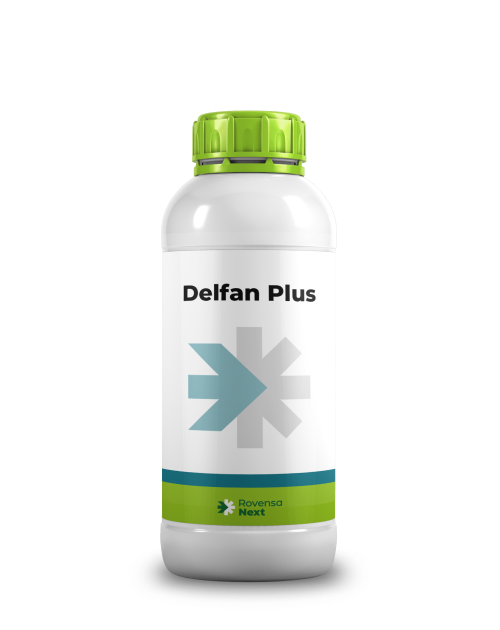
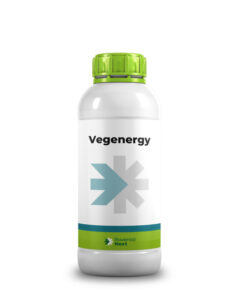
Maximise efficiency of soil water dynamics
When addressing once of the most pressing concerns globally, water availability, Transformer stands out as a critical and innovative solution. This corrector enhances water infiltration and retentions in soil increasing the efficiency of both irrigation and rainfall events in recharging the soil water balance.
Transformer can be applied through irrigation systems or directly to the soil, improves the efficiency of subsequent irrigation cycles or rainfall events.
Rovensa Next – Shaping a sustainable future for agriculture
Addressing drought and other abiotic stresses demands a comprehensive, holistic approach – one that evaluates each product´s role in the agronomic cycle and its potential contribution to stress management, be it Abiotic or Biotic Stress.
Drought poses a significant threat to global agriculture, being perhaps the most important abiotic stress at present, jeopardising food security and livelihoods. Through proactive biostimulation strategies and cutting-edge water optimisation techniques, Rovensa Next is committed to partnering with growers, agronomists, and distributors on their sustainability journeys.
By offering expertise, and localised technical experts who can advise on which combination of our innovative solutions is appropriate we stand united in overcoming these challenges and forging a resilient future for agriculture worldwide. Together, we can cultivate a sustainable tomorrow.
References:
i. Global Drought Snapshot (2023) United Nations Convention to Combat Desertification

